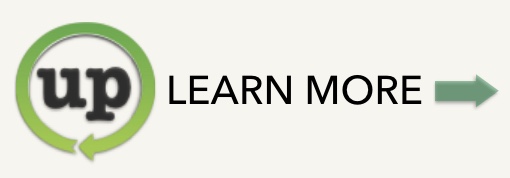The job of universal property is to keep markets from destroying our social fabric and planet. It can do that by adding three missing pieces: fiduciary trusts, toll gates and universal money pumps. Let’s see how.
Fiduciary trusts
If profit-maximizing corporations are the ideal proxies for owners of financial capital, fiduciary trusts are the ideal proxies for future generations and all living persons jointly. Like corporations, fiduciary trusts are self-governing, potentially immortal fictitious entities that can own and manage property on behalf of beneficial owners. Where such trusts differ from corporations is in who their beneficial owners are and what their trustees are obliged to do.
Trusts were invented in twelfth century England to protect owners of feudal estates who went off to the Crusades and wanted to get their estates back when they returned. The trust arrangement created a useful distinction between a beneficial owner of property and a trustee, who must always serve the beneficial owner. It was and remains the best solution humans have yet devised to assure that managers of other people’s property stay loyal to those they serve.
At the heart of trusts is the concept of fiduciary duty: a person who manages other people’s assets owes one hundred percent loyalty to those people. It is similar to the duty lawyers owe their clients.
A distinguishing feature of universal property trusts is that they have universal beneficiaries — i.e., all living and future persons within a defined jurisdiction. No legal resident is excluded, and all are treated equally.
It is important to note that the set of universal beneficiaries includes two subsets: future generations and all people living today. The interests of these subsets will often align, but not always. In cases of non-alignment, the interests of future generations come first. Only if income is generated while an asset is being preserved — for example, if fees are charged for use of the asset — can it be distributed to living persons. In such cases, the default distribution formula is one person, one share.
There may be irony in the thought that fictitious entities developed to protect English barons in the twelfth century can also protect ecosystems and democratic societies in the twenty-first, but if the entities work, why not use them?


